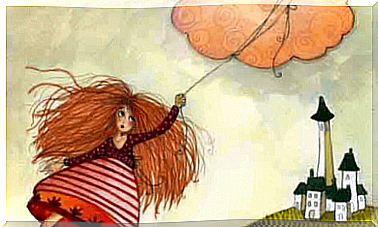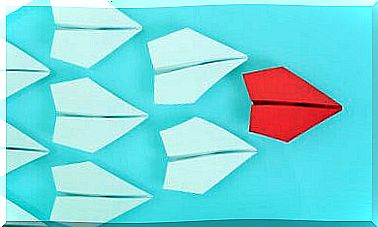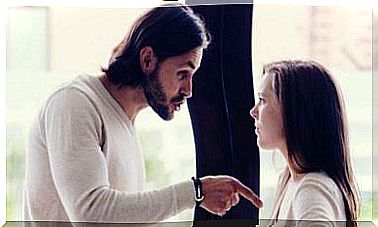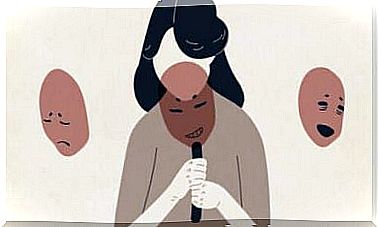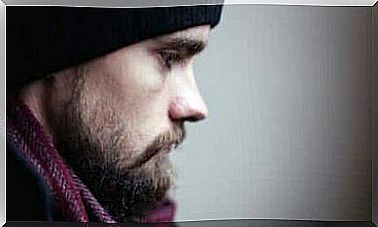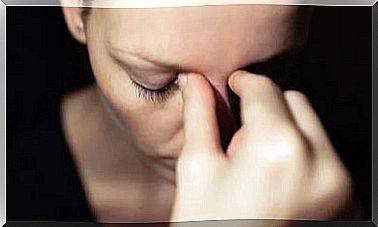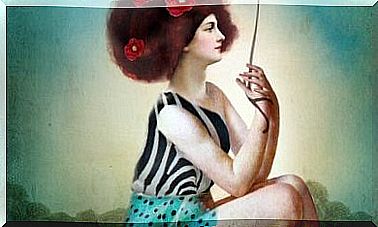3 Indispensable Self-help Books

You’ve probably had complicated moments in your life that made you look for an explanation. Maybe you wanted to understand what was happening to you or just find solutions to your problem. To do this, you may have looked for self-help books. There is a wide variety of this paper and ink medicine out there these days.
Some self-help books are about love, sadness, or fear. There are also some who discuss how you can overcome obstacles that keep you from achieving a goal. There are both topics and authors that will resonate with a wide variety of readers. There are even books that we can use to learn to be better parents.
Given this diversity, it’s hard to decide which one to choose. They could all have the same content and be different at the same time. There is no point in choosing the thickest book when the content is worthless. You need one that can inspire and motivate you to stand up and initiate positive change. So which self-help book is right for you?
Why are self-help books so successful?
According to the psychologist Susana Moraga, “the success of self-help books is based on their wide availability to a diverse audience” . Likewise, she thinks that the reason for their increasing popularity is their reasonable price and easy access via digital platforms. Not only that, they use easily understandable language and address people as they are. This is important because word of mouth usually takes word of mouth to be successful.
Moraga also points out that “we have survived the stereotype or embarrassment of self-help books.” So we no longer think that people who read these books must be mentally ill. More and more people recognize the importance of mental health and want to find out more. And in doing so, they are faced with the question asked above, which self-help book is most likely to clarify their concerns.
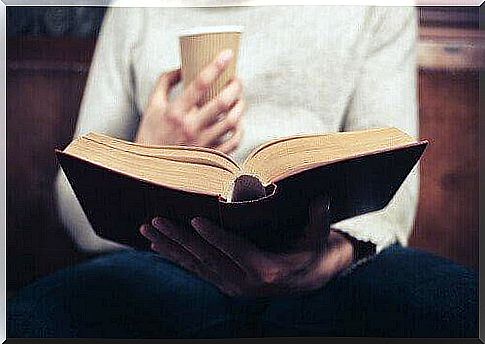
Three indispensable self-help books
Here are three self-help books that are in my library. That doesn’t mean they were the ultimate. If you are reading this post, there will probably be more, perhaps better ones. New self-help books are being published all the time. Still, I can assure you that these books are science-based and easy to understand for most people.
Feeling Good: Overcoming Depression, Gaining Self-Esteem by David D. Burns
As you can see from the title, this book focuses on providing assistance in overcoming “depression”. To ensure the title does not confuse us, we should make it clear that “depression” does not mean the mental illness that requires professional treatment. Burns explains in a clear and concise way how you can improve your mood and avoid periods of depression.
However, this book could act as a supplement to psychotherapy. The information it provides is a useful reminder of the issues addressed in therapy. The book is useful not only for patients, but also for experienced psychologists.
By working with cognitive therapy, Dr. Burns developed a fast and clinically proven method that identifies masochistic traps such as perfectionism, dependence on the opinion of others, work addiction, apathy, etc. With simplicity, conviction and understanding, Dr. Burns, helping people avoid depression and achieve lives that are full of energy and confidence.
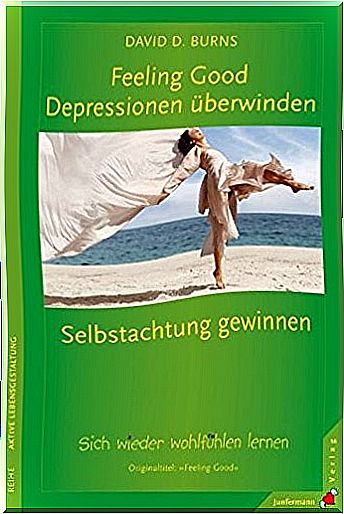
Wayne Dyer’s Sore Point
What can we say about this book? It’s a classic among self-help books. I first read it 15 years ago. It’s the perfect book to keep on your bedside table permanently. You can reach for it whenever you feel bad. I call this book “the SOS book”.
The sore point is a book that many psychologists recommend. It describes the framework for mental health. In simple and easy-to-understand language, Wayne Dyer describes how to stay independent, happy, and emotionally healthy. Each chapter was written as if it were a session in psychotherapy.
Don’t project your dissatisfaction onto others. It comes from within, from the ‘sore point’ of your personality that blocks you and stands in the way of your self-realization. In this book, Wayne W. Dyer shows how to find this point, what it means, where it leads, and how to overcome it.
Stress relief training from Martha Davis, Matthew McKay and Elizabeth Robbins Eshelman
As the title suggests, this book is a practical guide to stress relief. It explains different and effective ways to deal with stress. In addition, it describes techniques for controlling emotions. It is a guide to stress relief strategies. Each chapter deals with a different strategy.
The clarity of the script and the abundance of content make it a very useful guide for psychologists, psychiatrists, doctors, nurses, teachers, and anyone dealing with stress-related issues.
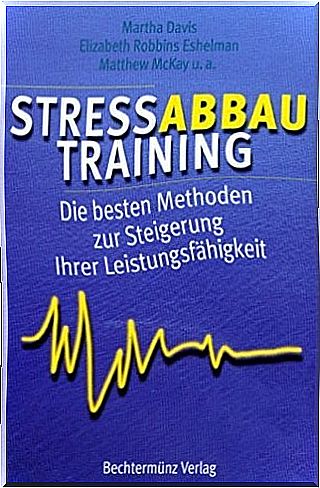
In conclusion, I hope you will enjoy reading these self-help books as much as I did. If you don’t like all of them, I hope at least one will appeal to you. However, you should keep in mind that they are not a substitute for professional help. They are just another resource to help you grow and flourish.
